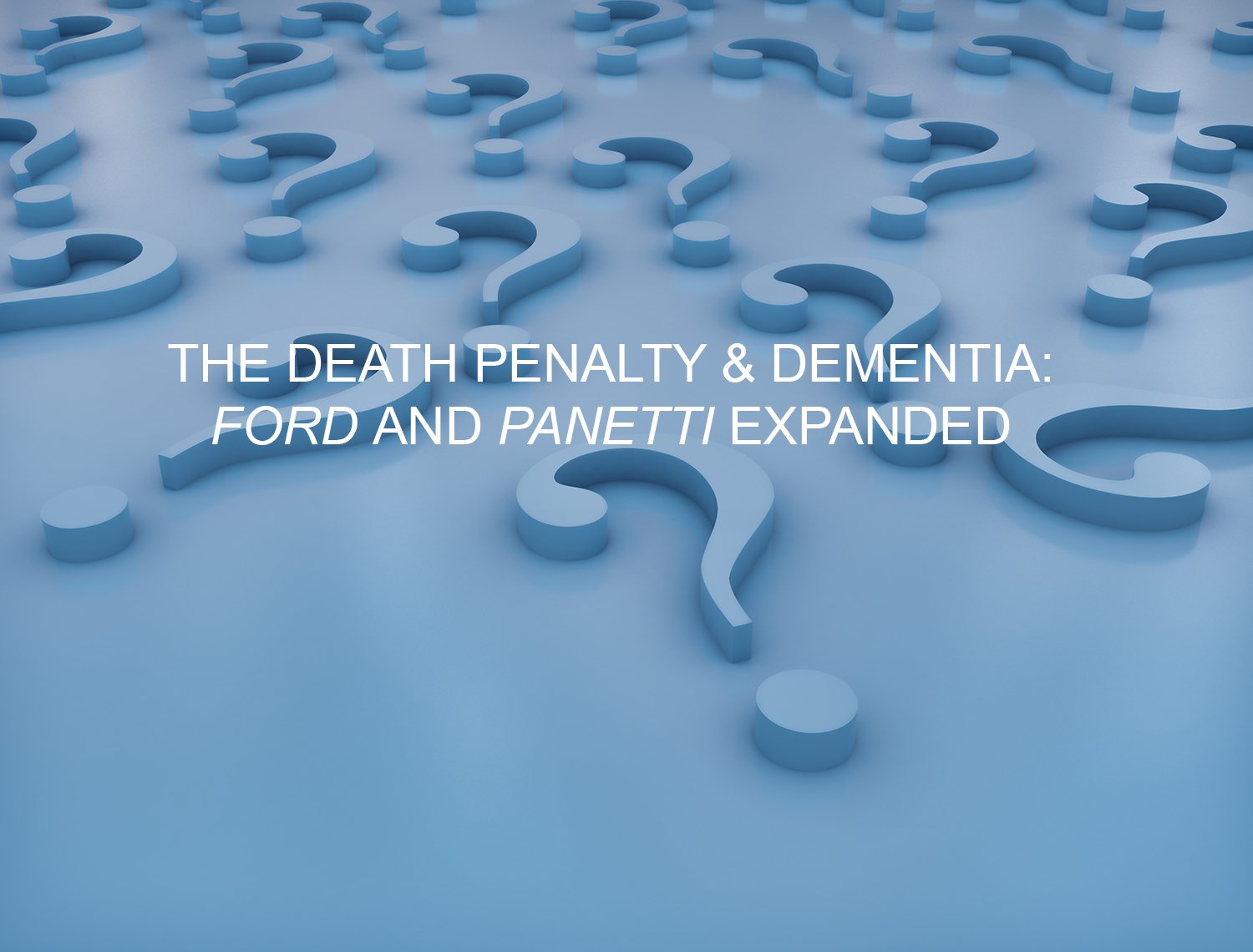
For a promissory note to be used successfully as a strategy for long-term care planning, it must meet certain requirements.
The Nebraska Court of Appeals filed a Memorandum Web Opinion in 2019 regarding a failed attempt by a Medicaid applicant to use a promissory note to exclude a portion of her assets from eligibility considerations. Appellant argued that the promissory note in question should not have counted towards her Medicaid asset limit. The Court, however, found that the promissory note did not meet the requirements of 42 USC § 1396p(c)(1)(I) regarding acceptable or exempt transfers of assets for Medicaid purposes.
Applicant Lorena Freeman
Freeman entered into long-term care on February 1, 2015. She applied for Medicaid benefits, with the help of her attorney, on March 31. Her income included Social Security payments and an annual income from her interest in a rental. On March 27, she had disposed of more than $12,000 and executed a promissory note, “FOR VALUE RECEIVED,” as a loan to her lawyer for an additional $5,547. She also had other limited resources less relevant to the court’s decision.



